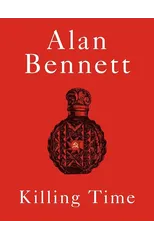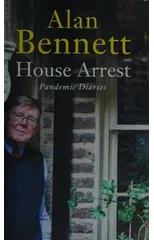Autobiography has been an essential element of the London Review of Books since its founding in 1979. This volume collects many outstanding pieces of memoir that first appeared in the LRB's pages. Here, Lorna Sage remembers growing up with her grandfather during the Second World War, Jenny Diski imagines her own burial, and Hilary Mantel tackles a strongman on her hospital bed. Julian Barnes writes about not getting the Booker Prize. Andrew O'Hagan confesses to his past as a schoolboy bully. A. J. P. Taylor hallucinates. Alan Bennett reports on the lady who lives in his drive. Tariq Ali relates his misadventures in Pyongyang. Anne Enright describes her obsession with Henrietta Lacks, the woman whose cells grow in petri dishes around the world. Frank Kermode tells his wartime stories. Terry Castle recounts her complicated friendship with Susan Sontag. There are reports from poker tables and coal mines, and stories of double agents, online romance and stigmata. With a preface by Alan Bennett, Meeting the Devil displays the range of power and delight possible in the study of self-portrait.
Alan Bennett
Alan Bennett is a British playwright, author, and actor known for his sharp wit and keen observations of British society. His most notable works include "The History Boys," "The Madness of George III," and "The Lady in the Van." Bennett's writing style is characterized by its humor, social commentary, and vivid characterizations. He is renowned for his ability to capture the complexities and nuances of everyday life in Britain. Bennett's contributions to literature have had a profound impact on the genre of British comedy and drama. His most famous work, "The History Boys," won multiple awards and has been adapted into a successful film. Bennett's work continues to be celebrated for its wit, insight, and humanity.





